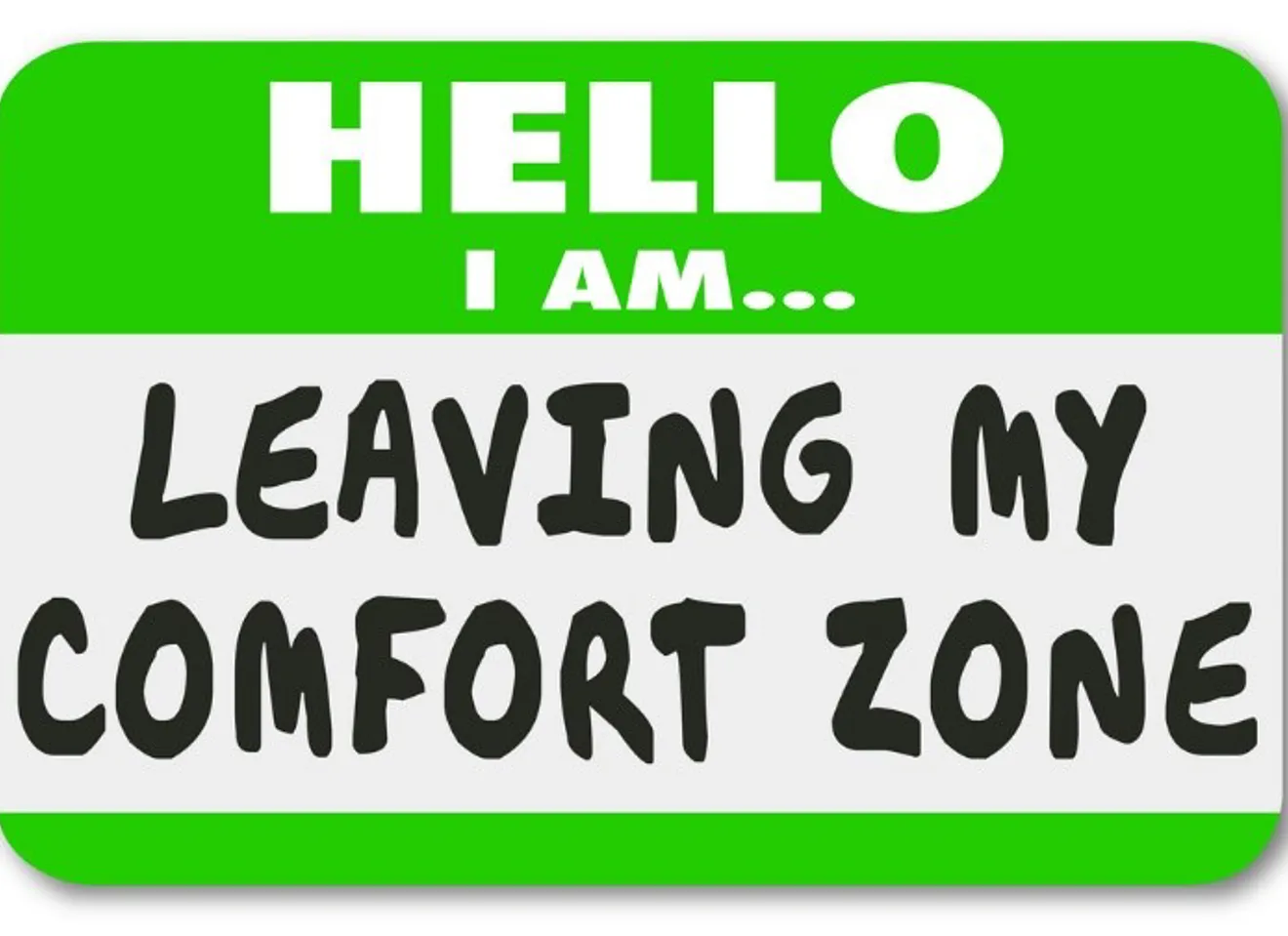
Working in Norway
A Few Thoughts on a Foreigner’s Comfort Zone
A couple of weeks ago I sat in the audience listening to a professional speaker give a short motivational talk on among other things why it’s important for us to get out of our ‘Comfort Zone’. She told us different ways in which we could do this, ranging from the smaller scale – changing a …
A couple of weeks ago I sat in the audience listening to a professional speaker give a short motivational talk on among other things why it’s important for us to get out of our ‘Comfort Zone’. She told us different ways in which we could do this, ranging from the smaller scale – changing a daily habit – to the larger – turning ‘our dream’ into ‘our goal’. I found it all very interesting, especially the dream-to-goal advice, as in the first involves just thoughts and wishes, while the second involves making actual plans and timelines that can turn those thoughts and wishes into reality.
Next, as sometimes happens when I’m listening to any speaker, my thoughts wandered in and out of the presentation; on this particular evening, they fastened on another aspect of what I was hearing, namely that it is essential for our personal growth that we get out of our ‘CZ’. I thought of the people who choose to move to a new country (emphasis on choose here and not are forced, which is a more complicated story). This move takes them out of their old zone of ‘contentment, convenience, complacency’ (a few synonyms listed in Webster’s Dictionary for comfort) and places them squarely into a new zone of, shall we say, discomfort.
Now, I’m not really talking about what you might call things you see – the landscape looks different, the clothes are different, the grocery stores are different, the milk cartons in those grocery stores are different – but rather things you sense. Basically having to do with your interaction with other people, most notably the ‘natives’ in whichever country you find yourself. Learning the language a bit and trying to have a conversation with someone yet being asked to repeat yourself every second sentence. Asking a store clerk where you can find something and having them pause and glance at you for just a second while you know they’re trying to be polite and not ask you to repeat what you need. Going to a parents’ meeting at school and sitting there and having none of the other parents introduce themselves (something you’re used to from where you come from as it’s considered polite). Wondering if it’s because you’re not from there because no one has told you yet that it’s not common for people to introduce themselves here in this type of setting. Or being on a volunteer board for some organization and attending a meeting where the other board members keep up a constant flow of verbal input while you remain silent wondering if and when you should interrupt to get your voice heard (something you’re not used to doing where you come from as it’s considered impolite). Or having your children’s friends over and worrying if you’ll embarrass your kids by asking their friends how they’re doing while knowing that even if your grammar is on target, your accent will make you (and therefore them), well, just different.
These fragmented thoughts above abruptly returned to the speaker this evening as she concluded her talk by wishing us all luck in jumping into a new comfort zone. Left the room thinking that everyone, native or newcomer, has their own zone and challenges, of course. Everyone, native or newcomer, sometimes feels stuck in a life situation they want to change. It’s just that people living in a country that’s not their own wake up to their new zone on a daily basis whether they like it or not. How hard do they have to try to get comfortable? How long do they have to try? And just what do they consider to be ‘comfortable’? Only they can find the answers to these questions. But while doing so they should at least give themselves credit for getting out of their old zone and trying to get their rightful place in the new.



